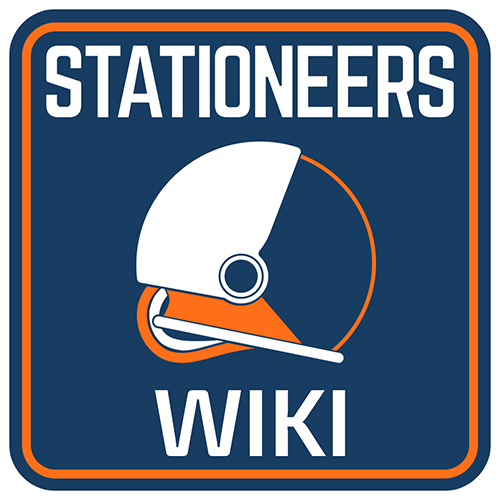TheNicestGuy/Science
From Unofficial Stationeers Wiki
Stationeers models many of the real universe's physical laws, to simulate the behavior of things like gases, electricity, and stationeers. This is a reference guide to the underlying physical science concepts, and to how Stationeers is consistent or inconsistent with them.
Contents
Measurement
Stationeers measures all measurable properties using units standardized in the International System of Units ("SI"). This applies to the HUD and other visual displays, but it also applies to values used in logic circuitry, which is important to logic-based math.
Mass: "How Much Matter?"
Mass measures an amount of matter, in terms of its relationship to forces (e.g., gravity), inertia, and acceleration. Stationeers uses the SI units gram (g) and kilogram (kg, 1,000 grams) for mass.
Direct Measurement
Stationeers probably uses mass extensively behind the scenes, within the physics engine to calculate the movement of objects. In the player interface, however, only certain substances are given mass measurements:
- Ore is stacked in units of one kilogram each.
- Ingots are each a discrete mass measured in kilograms.
- Reagent Mix is measured in kilograms. The sum of the Ore masses output from a Centrifuge always equals the mass of the mix put in.
- The products of a Reagent Processor are generally measured in grams. The exception is Soy Oil, which is instead measured by #Volume.
